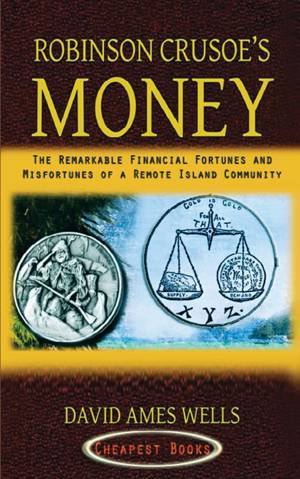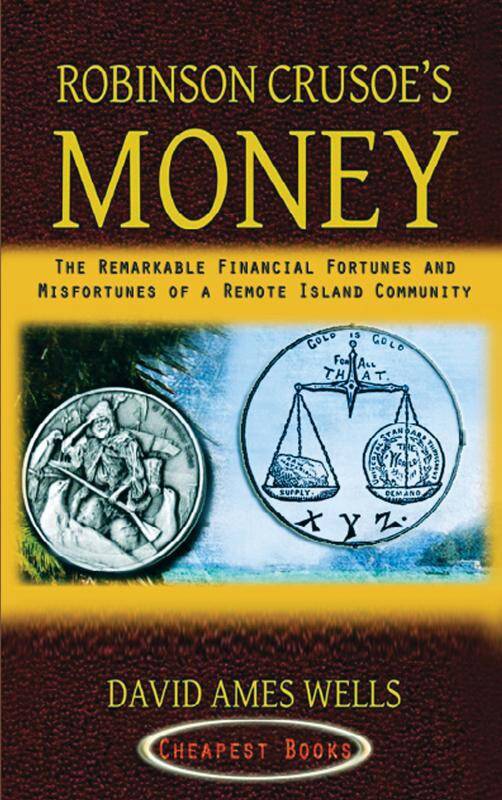
- Afhalen na 1 uur in een winkel met voorraad
- Gratis thuislevering in België vanaf € 30
- Ruim aanbod met 7 miljoen producten
- Afhalen na 1 uur in een winkel met voorraad
- Gratis thuislevering in België vanaf € 30
- Ruim aanbod met 7 miljoen producten
Zoeken
Omschrijving
David Ames Wells (1828-1898), a prominent American financial economist, political activist and apostle of laissez faire, was a staunch advocate of free trade and the abolition of the tariff. "Wells wrote a large number of books, pamphlets, and articles …
His chief interests were the tariff, the theory of money and the currency question, and taxation. His discussion of all of these took character from his inspection of American economic life, which was marked in his period by progressive lowering of costs of production through the application of science.
He, more than others, was the expositor of the nature and consequences of the 'machine age' … Some of his most effective writing was in opposition to fiat money or depreciated monetary standards.
An excellent example of his work in this field is his "ROBINSON CRUSOE'S MONEY", issued first in 1876 when resumption was in doubt, and again in 1896 when the 'free silver' advocacy was in full swing. Wells was among the earliest to appreciate the importance of what has since been known as 'technological unemployment,' the displacing of men by machines …
His chief interests were the tariff, the theory of money and the currency question, and taxation. His discussion of all of these took character from his inspection of American economic life, which was marked in his period by progressive lowering of costs of production through the application of science.
He, more than others, was the expositor of the nature and consequences of the 'machine age' … Some of his most effective writing was in opposition to fiat money or depreciated monetary standards.
An excellent example of his work in this field is his "ROBINSON CRUSOE'S MONEY", issued first in 1876 when resumption was in doubt, and again in 1896 when the 'free silver' advocacy was in full swing. Wells was among the earliest to appreciate the importance of what has since been known as 'technological unemployment,' the displacing of men by machines …
Specificaties
Betrokkenen
- Auteur(s):
- Uitgeverij:
Inhoud
- Aantal bladzijden:
- 142
- Taal:
- Engels
Eigenschappen
- Productcode (EAN):
- 9786256015715
- Verschijningsdatum:
- 5/02/2025
- Uitvoering:
- Paperback

Alleen bij Standaard Boekhandel
+ 35 punten op je klantenkaart van Standaard Boekhandel
Beoordelingen
We publiceren alleen reviews die voldoen aan de voorwaarden voor reviews. Bekijk onze voorwaarden voor reviews.











